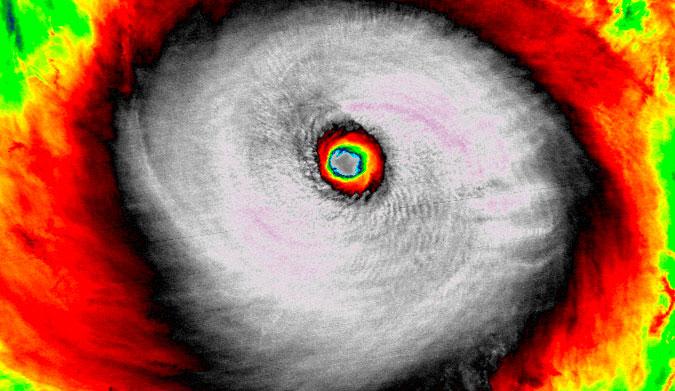I began my research on the Great Barrier Reef way back in the 70’s.
There didn’t seem to be many fishermen around then and everywhere I looked the coral and marine life was flourishing. It was incredible!
Yesterday I read a research report by Dr. Matthew Spencer and Jennifer Cooper from the prestigious NIMBioS Institute. They were looking at the impact of global warming on the Great Barrier Reef and trying to predict where the impact of climate change was taking us.
Most readers know that the Great Barrier Reef is the largest reef system on the planet; in fact it is often described as the largest structure created by living things (the coral colonies). It’s been around a long time and the ’modern' reef dates back to the end of the ice age.
What few people realize is that the Great Barrier Reef is slowly ‘dying’. Sadly, this has been going on for about 30 years and during that time it has lost about half its coral cover. The Great Barrier Reef may still be the largest structure created by living things but it is mostly just skeletons now. A grave yard marking the location of one of the planets seven natural wonders of the world.
How could we destroy something so huge and as significant as The Grand Canyon, Mount Everest, and Victoria Falls (also Natural Wonders of the World) without even noticing we were doing it? More importantly, can we fix it?
To answer the first question, the oceans of the World have been changing at an unprecedented speed for nearly half a century. Live coral cover is a measure of how much of a reef is living and how much is dead. Reefs in good condition may have live coral covering about 70% of their surface. Shockingly, live coral cover has now decreased to between 10% and 20% worldwide.
Overfishing, pollution, and coastal runoff have taken their toll. Greenhouse gases are warming the seas and carbon dioxide is causing the World’s oceans to become more acidic.
The new study shows that with a temperature rise of just 1-2 degrees Celsius there is a high probability that live coral cover will slip to less than 10% on the Great Barrier Reef. In ecological terms, this is considered to be a ’magic' number that is the smallest amount that can maintain sustainability.
“The model indicated that warming of an additional 1-2 degrees Celsius would more than likely lead large declines in coral cover and overall changes to the community structure,” said lead author Jennifer K. Cooper, a graduate student in marine biology at James Cook University. “If our model is correct the Great Barrier Reef will begin to look very different as ocean temperatures increase.”
The collapse of coral reef systems is already underway in the Caribbean where corals are being overrun by seaweeds and suffocated. As the corals decline so to do the fisheries.
But this takes a very long time, right?
Most of the World’s top research centers are putting a date to that temperature rise as around 2050. Not so long at all and we are likely to experience important changes to food supply well before that.
The Great Barrier Reef is about the size of Japan, contains the world’s largest collection of coral reefs, with 400 types of coral, 1,500 species of fish and 4,000 types of mollusks. In an ecological sense, the Great Barrier Reef is like the ‘engine room’ of the South Pacific; its biodiversity drives the productivity and resilience of the vast ocean.
The United Nations listed the reef as a World Heritage site in 1981, but is being considered this year to be placed on the List of World Heritage in Danger.
Can we fix it?
Recent research indicates that there will be marine life that survives or even benefits from the climate change. But this is more likely to be in the short term as sea temperatures continue to rise along predicted lines. In the longer term there is little future for coral reefs and the 200-300 million people who depend on them for their very survival.
We who live in the wealthier countries will always be able to feed ourselves but the same will not be true for the rest of the World unless we all join forces and change the way we live and our economies operate.
Losing the Great Barrier Reef is a tragedy; one that I have shared in and must accept responsibility for. The greater tragedy is that it is a ringing alarm bell. It’s been ringing loud and clear for thirty years and no one is listening.





